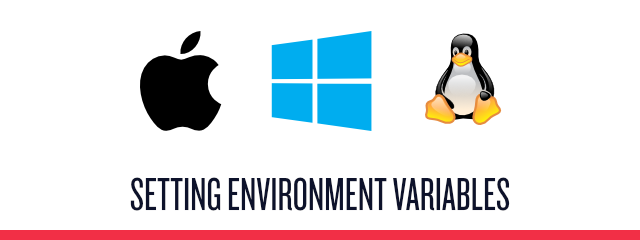Introducing Twilio’s OpenAPI Specification Beta
Time to read:

Whether you are building your first product with Twilio or looking to expand your product offering, you need easy access to tools in the programming languages or environments you use. Today, we are excited to announce that we have open-sourced an OpenAPI specification in Beta for every Twilio API.
For a long time we’ve supported and maintained helper libraries and tooling in a handful of the most popular languages and environments used by developers. We’re now expanding that coverage by providing Twilio API documentation files in accordance with the OpenAPI Specification, an industry-standard format for APIs. This makes it simple for you to auto-generate code so you can easily build with Twilio no matter the language or tools you use.
What you can do with OpenAPI?
Client Library Generation
Using the power of the Twilio OpenAPI specification and open-sourced OpenAPI generator, you can now generate new client libraries. This makes it much more convenient and simpler to use Twilio in your preferred programming language, without writing complex methods and functions. As an example, it is now possible to programmatically build a strongly-typed Rust library for Twilio’s API methods.
To learn more about helper library generation see our OpenAPI Generator Project on GitHub or Twilio docs on helper library generation.
Mock Testing
Using the OpenAPI Specification, you can now mock Twilio’s API to emulate real API calls locally, which makes test suite integration with Twilio faster and less brittle.
For example, you can now easily make a mock server of Twilio’s API portable with Docker.
To learn more about mock testing, see our docs.
Postman Support
We have also added support for Postman, which is a free and straightforward development tool for making API calls with a variety of helpful features. Instead of referencing the Twilio Docs and creating your own collection, you can visit the Twilio Postman Collection page where you will find collections maintained by the Twilio team. You can also browse the Twilio Postman APIs visually using Postman.

Head over to our docs to read more about using Twilio's Postman Collections.
Try it Out!
We can’t wait to see all the amazing things you’ll build with Twilio’s OpenAPI Specification! 🚀
Related Posts
Related Resources
Twilio Docs
From APIs to SDKs to sample apps
API reference documentation, SDKs, helper libraries, quickstarts, and tutorials for your language and platform.
Resource Center
The latest ebooks, industry reports, and webinars
Learn from customer engagement experts to improve your own communication.
Ahoy
Twilio's developer community hub
Best practices, code samples, and inspiration to build communications and digital engagement experiences.


